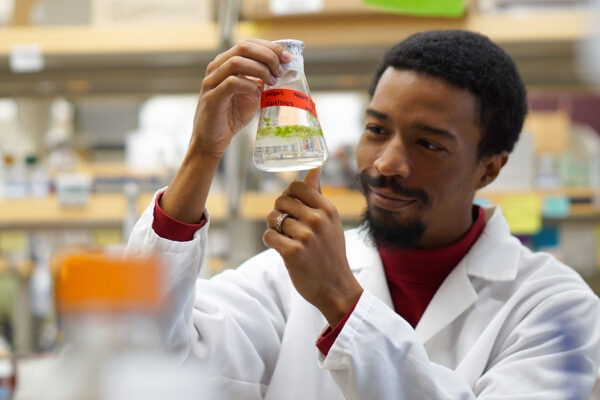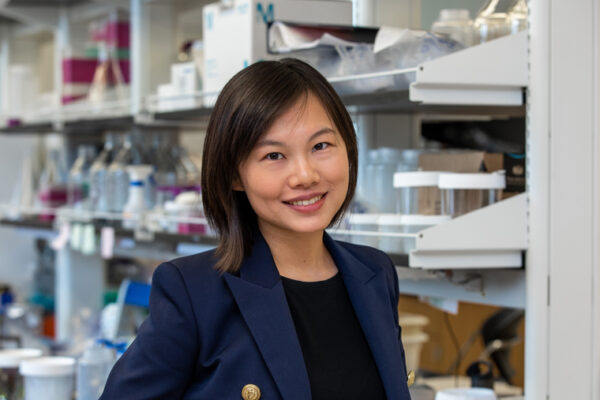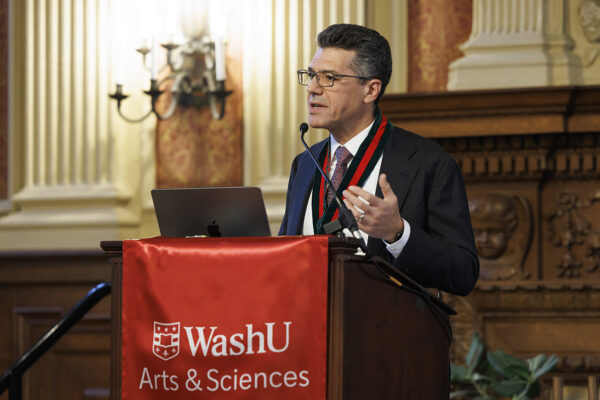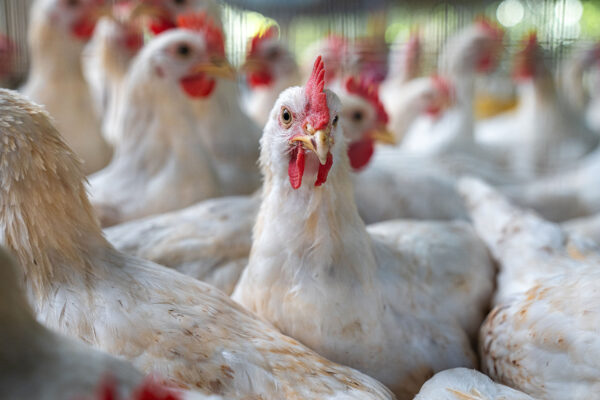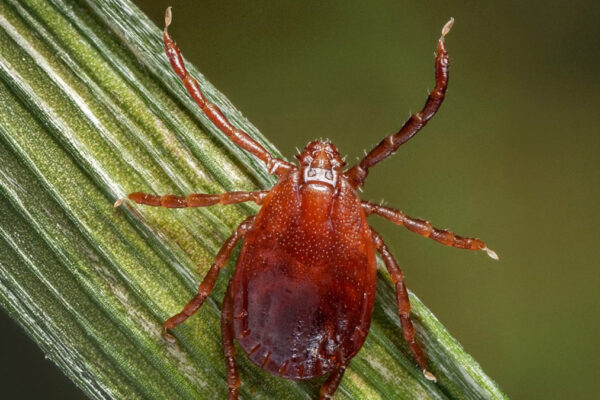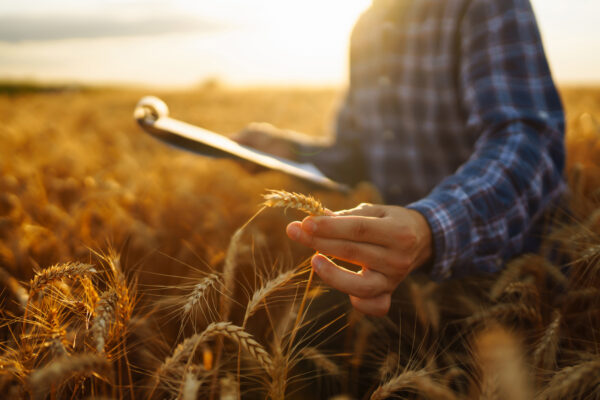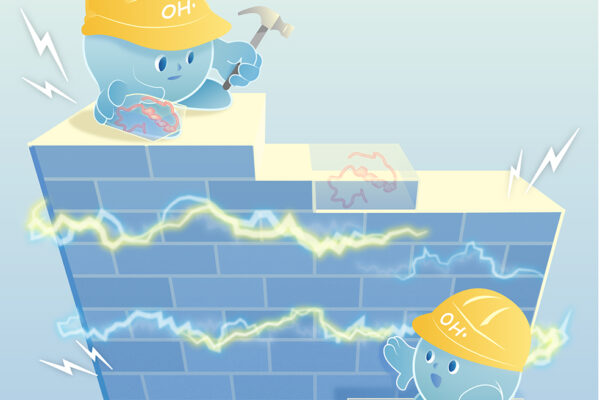Bringing expansion microscopy to plants
Biologist Kevin Cox, in Arts & Sciences, has discovered a low-cost way to more easily study the detailed makeup of plant cells. The ultimate goal is to help grow better crops, improving food security.
Ling named ‘Rising Star’ in environmental research
Environmental engineer Fangqiong Ling, at the McKelvey School of Engineering at WashU, has been named among ACS Environmental Au’s “Rising Stars in Environmental Research.”
AI tool helps make trustworthy, explainable scheduling decisions
Researchers at Washington University developed TRACE-cs, a hybrid system that combines symbolic reasoning with large language models to solve students’ course scheduling problems.
Foundation AI model predicts postoperative risks from clinical notes
An AI for Health Institute team unveils a versatile large language model that enables early and accurate prediction of postoperative complications to help improve patient safety and outcomes.
Zacks installed as Edgar James Swift Professor
Jeffrey M. Zacks, an expert in memory and neuroscience, was installed as the Edgar James Swift Professor in Arts & Sciences at Washington University in St. Louis during a Feb. 4 ceremony.
New biosensor can detect airborne bird flu in under five minutes
Researchers at the McKelvey School of Engineering have developed a sensor that detects airborne H5N1 avian flu and can be used on poultry and dairy farms.
Invasive longhorned tick discovered in St. Louis County
WashU researchers recently identified the first longhorned tick found in suburban St. Louis County. In concert with a local community science effort, Tick Watch STL, the researchers will conduct additional tick investigations in the region.
WashU launches FARM to drive food system transformation
Rooted in public health, WashU’s new FARM initiative reimagines agriculture to improve nutrition, sustainability and food access for communities worldwide.
The disruptions of daylight saving time
A one-hour adjustment to the clock on the wall may not sound dramatic. But our biological clock begs to differ, according to biologist Erik Herzog in Arts & Sciences.
Electrochemical field key to how dementia precursors ‘break bad’
Researchers at Washington University have found electrochemical rules for how toxic protein assemblies form, opening the way for better treatments of dementia.
Older Stories
